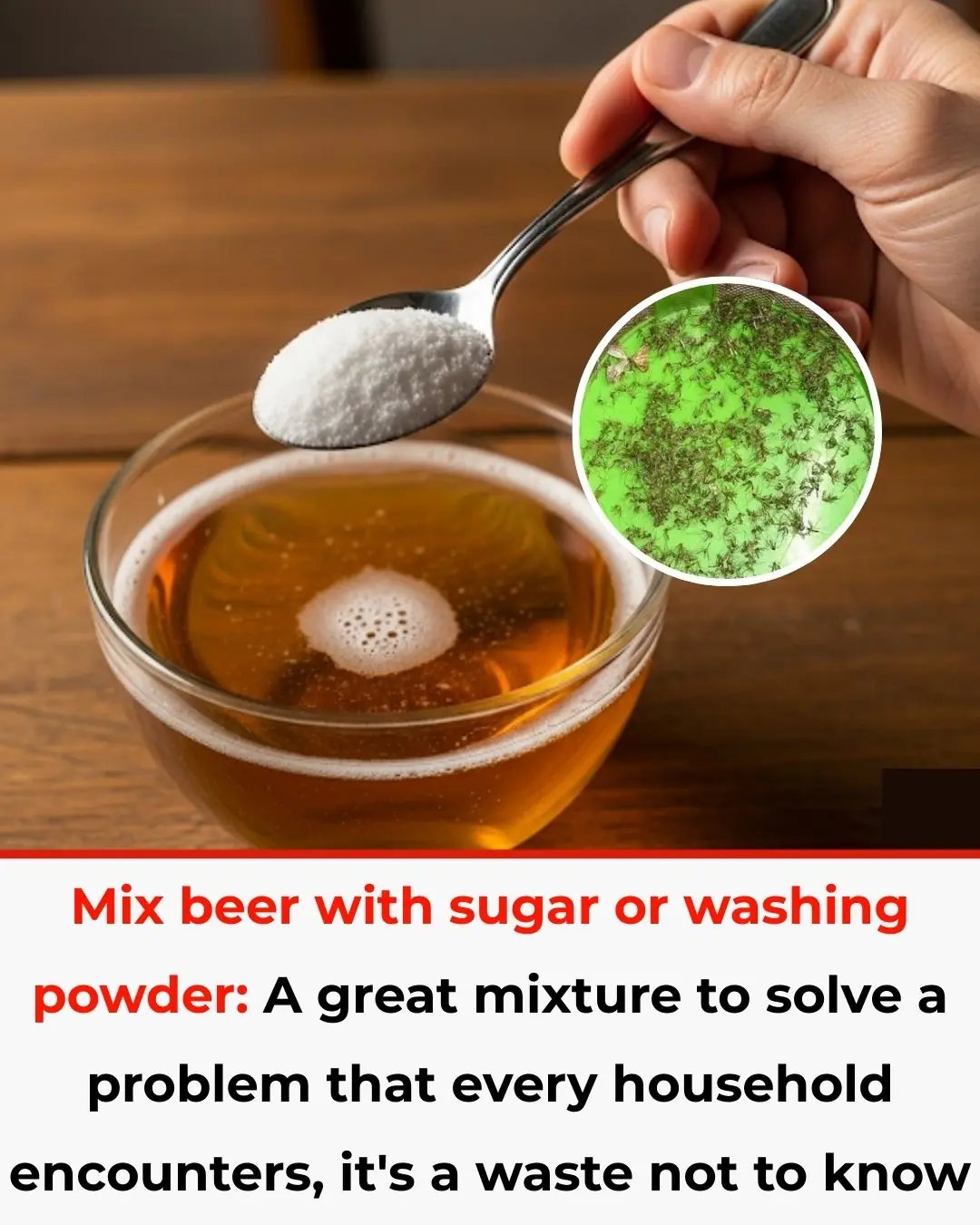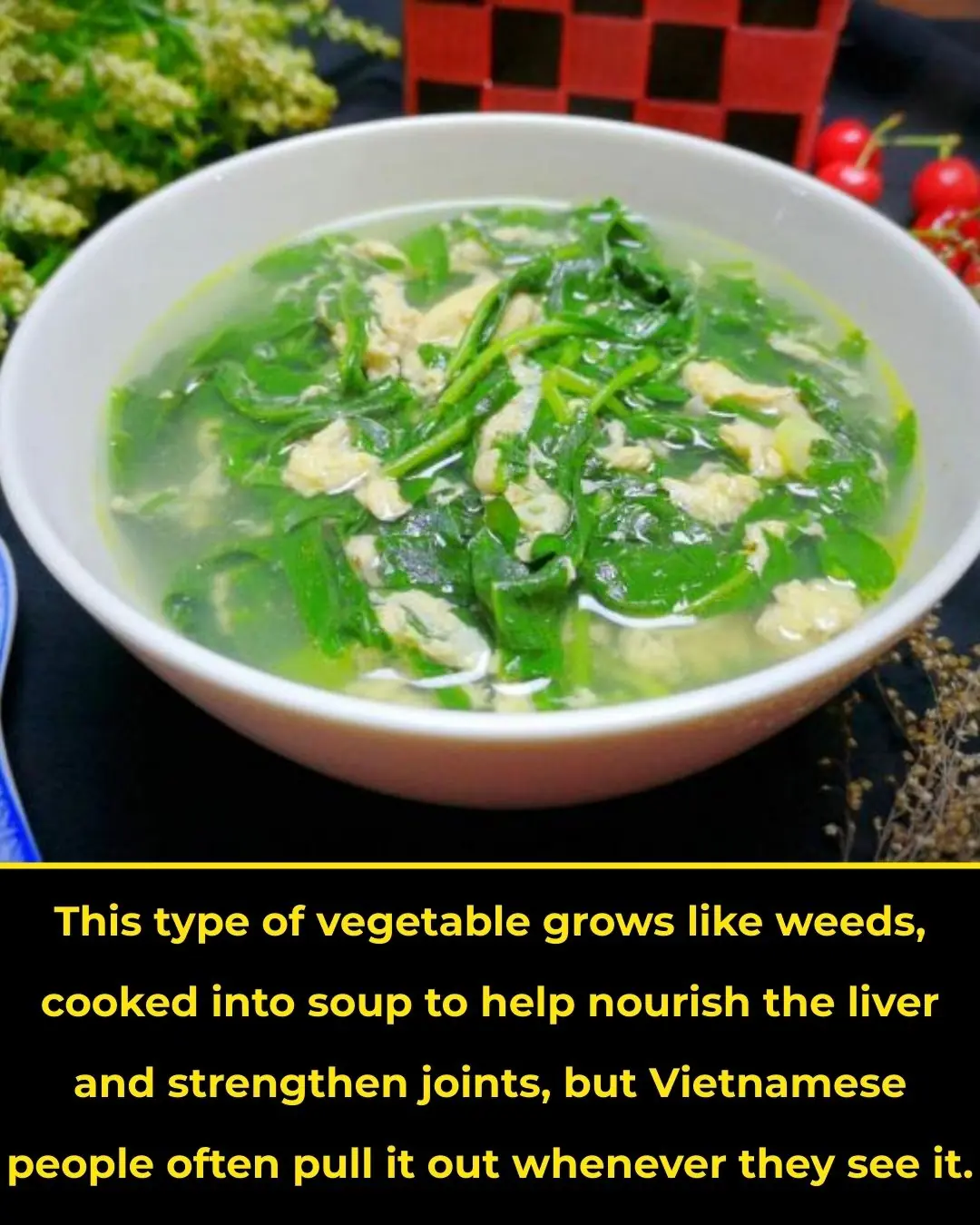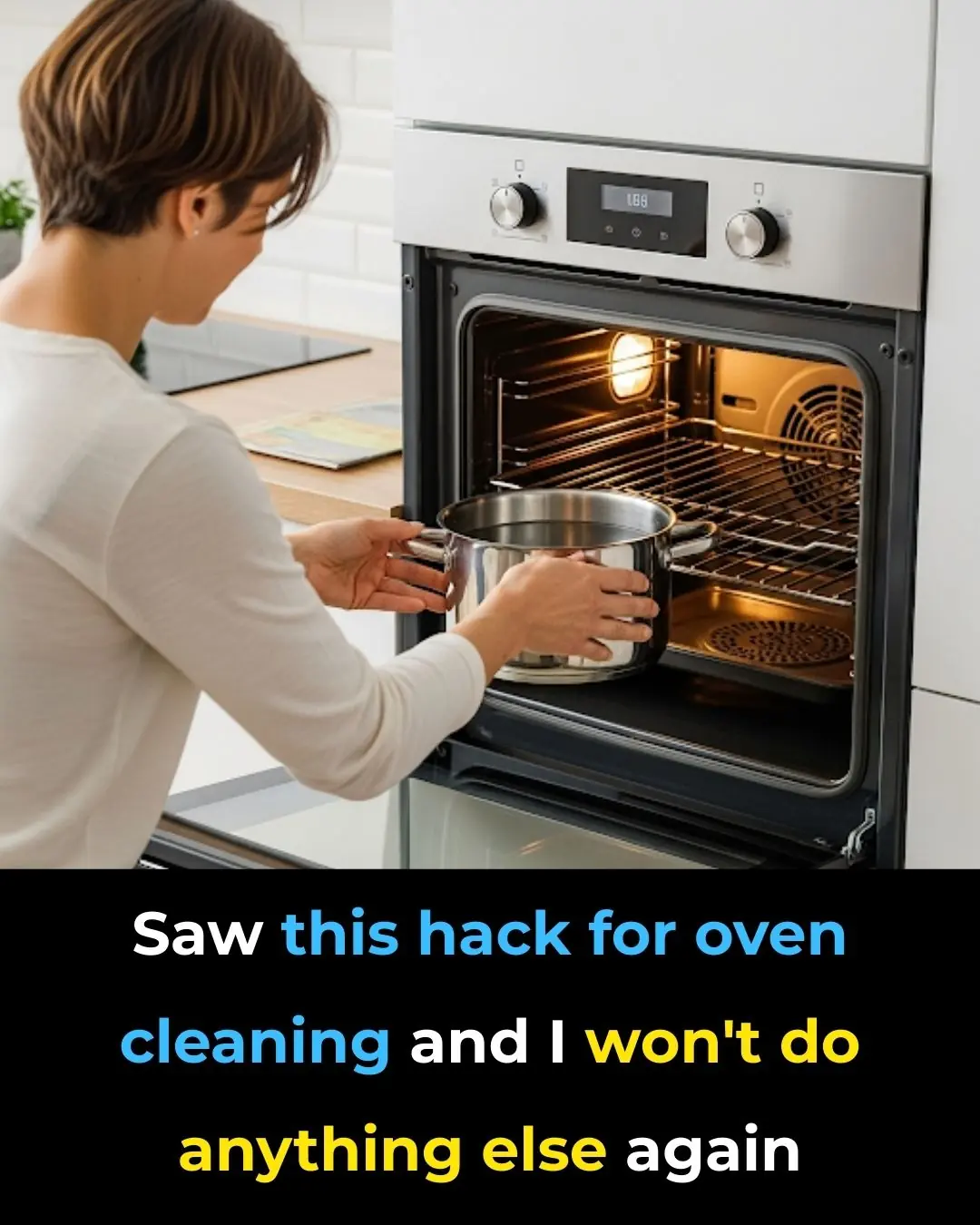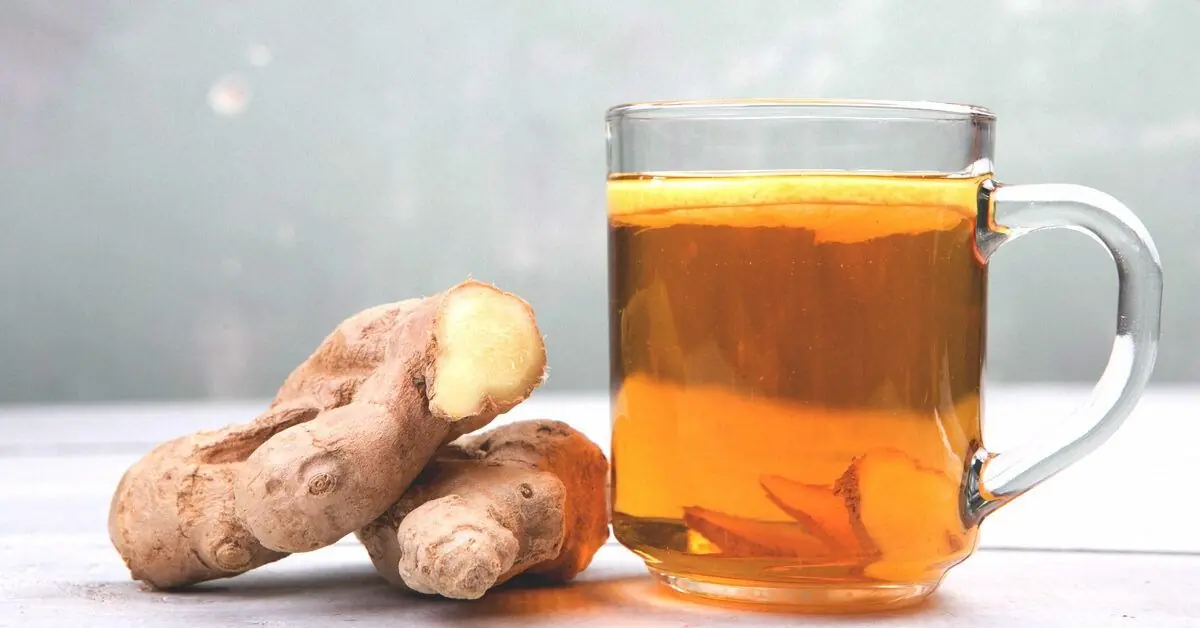
Is It Safe to Eat Rice Left Overnight in a Rice Cooker? A Personal Story and Expert Advice
In my household, we have this long-standing habit: every evening, we cook a bit more rice than we need so we can fry it up the next morning for breakfast. Naturally, the leftover rice stays in the rice cooker overnight—plugged in, warm, and ready to go the next day. Sometimes we fry it, and sometimes we just eat it as is.
However, I’ve had a few bouts of food poisoning that I suspect may have come from this very practice.
One day, I was chatting with a friend who told me that leaving rice in the cooker overnight is actually quite harmful to your health. She explained that leftover rice, if not stored properly, can become a breeding ground for bacteria and may lead to food poisoning. At first, I didn’t take it too seriously—after all, we’ve been doing it this way for years. Sure, we sometimes experience mild stomach issues, but nothing life-threatening.
Still, her comment stuck with me. So I did some research and came across a reliable article that tackled the question: “Is it safe to eat rice left in the rice cooker overnight?” What I found was enlightening, and I thought I’d share the key points with you.
✅ So, Is It Safe to Eat Rice Left Overnight in a Rice Cooker?
According to food safety experts, the answer depends on how the rice was handled after cooking. They break it down into four scenarios:
1. Unopened Rice Cooker, Still Sealed After Cooking
If you’ve just finished cooking the rice and leave the lid closed, most bacteria are killed during the cooking process. Since you haven’t opened the lid, no new bacteria have been introduced. While the warm, moist environment inside a rice cooker is ideal for bacterial growth once the temperature drops, in this case, bacteria can’t really get in. So, it’s relatively safe to eat this rice the next morning—or even later—especially if your rice cooker keeps it warm.
2. Opened Briefly to Scoop Rice, Then Closed Again
If you open the lid just briefly to scoop out some hot rice, then quickly close it again, the residual heat inside the cooker is usually high enough to kill most of the bacteria that may have entered during that moment. As a result, even if a small amount of contamination occurs, it likely won’t multiply enough overnight to cause harm. So in this case, the rice is also generally safe to eat the next day.
3. Rice Cooled Down but Handled with Clean Utensils
If the rice has cooled down and you’ve already scooped out a portion using clean utensils in a clean environment, the chance of significant bacterial contamination is low. Overnight, some bacteria may develop, but not in large enough quantities to pose a major health risk. However, this is not 100% safe—it's more of a gray area. If you have a sensitive stomach or you're serving children or the elderly, you may want to avoid this.
4. Reusing Utensils or Exposing Rice to Contaminated Air
This is the most dangerous scenario. If you use the same chopsticks, spoon, or ladle that you ate with to scoop rice—or if the rice is exposed to a less-than-clean kitchen environment—bacteria will definitely find their way in. Closing the lid on that contaminated rice then creates a humid, warm incubator for bacteria. In warm weather, like in summer, this rice can spoil overnight, and eating it may cause food poisoning.
🟡 So What’s the Verdict?
If the rice remains sealed and untouched, it’s fairly safe to eat the next morning. Even if you’ve opened the lid briefly, you're probably fine. But if the rice has cooled down and been exposed to bacteria, especially through reused utensils or dirty air, it's best to throw it out.
❓ What Should You Do With Leftover Rice?
Instead of leaving it in the rice cooker, food experts recommend the following storage methods to prevent waste and protect your health:
1. Cold Water Bath
Place the inner pot of your rice cooker in a large basin filled with clean cold water. The water level should cover about two-thirds of the rice cooker’s pot. Close the lid to prevent insects from entering. This cold-water bath helps reduce and stabilize the temperature, preventing spoilage. It's an old-school but effective method, especially if you don’t have access to refrigeration.
2. Refrigeration (Best Method)
This is the most efficient and safest way. After the rice cools down to room temperature, wrap it with plastic food wrap or place it in an airtight food container and store it in the refrigerator. During summer, it’s even better to store the rice in a freezer bag and keep it in the freezer.
Keep in mind:
-
Leftover rice should ideally be eaten within 6 hours if stored at room temperature.
-
If refrigerated, you can keep it up to 24–48 hours, but it’s important to reheat it thoroughly before consuming.
Final Thoughts
While it might seem harmless to leave rice in a cooker overnight—especially if that’s how you’ve always done it—it’s important to consider the conditions and hygiene involved. Foodborne illnesses don’t always show immediate symptoms, and repeated exposure can lead to long-term digestive issues.
If you're cooking for young kids, elderly family members, or anyone with a sensitive stomach, play it safe. Either refrigerate the rice or cook fresh when possible. A small change in habit can go a long way in protecting your family's health.
News in the same category


A Wild Herb That Grows Like Weeds, Used in Soups to Nourish the Liver and Strengthen Joints, Yet Most Vietnamese People Always Pull It Out When They See It

Using just a handful of Paederia foetida leaves, even severe lung inflammation can clear within a week — with results that surprise everyone.

5 Essential Life Skills Children Should Learn Early to Protect Themselves and Help Others

What Is the Purpose of the Small Bumps on the Rice Paddle in a Rice Cooker?

Pour This Down the Drain, and Your Kitchen Will No Longer Smell Bad

When Putting Your Phone in Your Pocket, Should the Screen Face Inward or Outward?

Why You Shouldn’t Use Your Mobile Phone While Going to the Bathroom

Just Add a Few Drops of This, and Even the Strongest Super Glue Will Dissolve Instantly

A Frightening Revelation from Experts About Drying Clothes Indoors – Should You Do It or Not?

Should You Remove the Black Vein on the Back of Shrimp? Many People Are Still Doing It Wrong

Pouring Salt into a Clogged Toilet – You’ll Be Surprised at the Reason Why So Many People Do This

3 Ways to Prevent Snakes from Entering Your Home – Everyone Should Know to Protect Their Family

5 Mistakes When Drinking Coffee That Harm Your Health: Especially, Mistake #2 – Stop Immediately Before It’s Too Late

6 Types of People Who Should Absolutely Avoid Eating Duck Meat, No Matter How Much They Crave It

Top 8 Most Power-Hungry Devices, Using Twice as Much Electricity as Air Conditioners: Remember to Unplug After Use or Your Bills Will Skyrocket

Mosquitoes Fear This Simple Bowl of Water — Place It in Your Home, and Even the Most Persistent Mosquitoes Will Leave, Letting You Sleep Peacefully

Super Simple Toilet Cleaning Tip Using Just a Toilet Paper Roll Core and Vinegar
News Post

Delta Pilot Spends Year’s Salary to Fly 112 Friends to Hawaii for Epic Retirement Sendoff

1 cup before bed: end restless nights and repair your nerves

5 foods that heal your body and STARVE cancer—eat these now!

Mixing Beer with Sugar or Detergent: A Brilliant Solution to a Common Household Problem You Shouldn’t Miss

A Wild Herb That Grows Like Weeds, Used in Soups to Nourish the Liver and Strengthen Joints, Yet Most Vietnamese People Always Pull It Out When They See It

Unbelievable footage shows moment Ukraine blows up two key Russian bridges using their own mines amid WW3 fears

Preventing Stroke At Any Age: 3 “Don’ts” After Meals—And 4 “Don’ts” Before Bed

Apple’s iPhone Users Are Justifiably Concerned By The New Meaning Of The Orange Dot On Their Screens

The Truth About “Old Person Smell”: What Causes It And How To Get Rid Of It

12 surprising foods that help dissolve blood clots naturally

Drinking perilla and lemon leaf tea brings these amazing health benefits to your body

Using just a handful of Paederia foetida leaves, even severe lung inflammation can clear within a week — with results that surprise everyone.

5 Essential Life Skills Children Should Learn Early to Protect Themselves and Help Others

New B::l:ood Pressure Guidelines: 4 Things I Like and 2 Concerns

Intuitive Eating: A Non-Diet Approach Your Patients May Love

Saw This Trick For Oven Cleaning

Global Prevalence of Hidradenitis Suppurativa Approaches 1%

Who Should Avoid Eating Chicken Feet?
